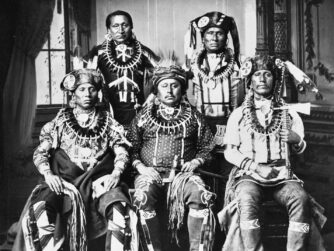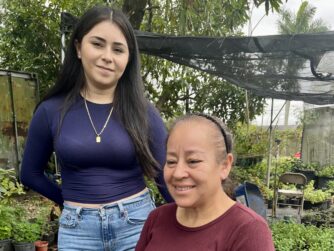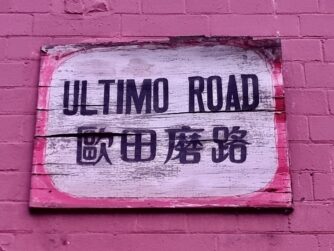
Are the roots of African American English mainly African? Or English? Or something else? Linguists—and others—don’t agree. Ciku Theuri guides us through the theories. Opinions from Nicole Holliday, John McWhorter, John Rickford and Sunn m’Cheaux, who we also profiled in a previous Subtitle episode.
Music in this episode by A P O L L O, Jobii, and Tilden Parc. Photo of Michelle Obama by Pete Souza via Wikimedia Commons. Read a transcript of the episode here.
Subscribe to Subtitle’s fortnightly newsletter here.







Great! However,
1) The definition of “creole” at the beginning of the podcast is oversimplified!
2) The Kwa languages of West Africa do not use the counterpart(s) the copula “be” in predicative functions similar to those where the copula is omitted in AAE.
3) One need not invoke a creole or pidgin to account for the emergence of AAE. There is such a thing as convergent or homologous evolution. It’s a myth that there was ever a time in the history of the United States when enslaved Africans all spoke a Gullah-like variety.
4) Those of us working on English in Africa have questioned the assumption of a Guinea Coast English Creole that ever developed on the coast of West Africa. The slave trade was not conducted in a creole or a pidgin, owing to the use of interpreters; and the language of trade was predominantly Portuguese used by non-Portuguese European traders too. And there is no evidence of a Portuguese pidgin that developed during that trade.
I’m otherwise happy with most everything else said on the podcast.